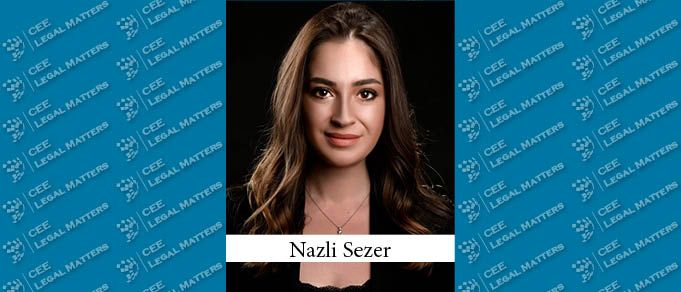Advertisement is a very strong instrument in free market economies like Turkey’s. As a bridge between manufacturers and consumers and in light of its contribution to a competitive market, the importance of advertisement is critical.
In this article, we would like to discuss restrictions on advertising applicable to both prescription and nonprescription (sometimes called “Over the Counter”, or OTC) medicinal products in both the countries of the EU and Turkey.
Advertising Restrictions in Accordance with Medicinal Products’ Classifications
On March 31 1992, four EU directives came into force resolving legislative differences about medicinal products. One of them is Directive No. 92/28, which states that medicinal products may be advertised to the general public if, by virtue of their composition and purpose, they are intended and designed for use without the intervention of a medical practitioner for diagnostic purposes or for the prescription or monitoring of treatment, with the advice of the pharmacist.
Any informative actions and any campaign or encouragement actions made in order to increase the recommendation, sale, and supply or the consummation of medicinal products are also considered advertising under the directive.
In any advertisement of a medical product, it should be clearly stated that the message is an advertisement, and the product should be clearly defined as a “medicinal product.” The formal and common name (if any) of the medicinal product and the information required for its correct should also be included.
Directive No. 92/28 prohibits the advertising of medicinal products which are available only with a prescription, contain psychotropic or narcotic substances, publicize treatment methods of tuberculosis, sexually transmitted diseases, other serious infectious diseases, cancer and other diseases involving tumors, chronic insomnia, diabetes and other metabolic illnesses; the cost of medicines which may be reimbursed and distribution of medicinal products to the public by the industry for promotional purposes to the general public.
In Turkey, Article 13 of the Pharmaceuticals and Medical Preparations Law dated 1928 regulates the advertisement of prescription and nonprescription medicinal products. This law forbids the advertising of medicinal products by stable or moving cinema films, illuminated or non-illuminated billboards, and on radio or any other media with a view to praise the preparation or to exaggerate its therapeutic results. However, the law permits announcements that the medication “is useful in treatment of __ diseases” in prospectuses and daily newspapers. The advertising of prescription medicinal products is strictly prohibited in any place other than medical publications.
Samples of any advertisements have to be approved, in advance, by the Ministry of Health. In addition, films prepared regarding the scientific properties of a preparation may be shown with the permit of the Ministry of Health only at the places indicated by the ministry.
In addition to this legislation, Article 4/d of Regulation on Advertisement of Medicinal Products for Human Use came into force in October 23, 2003 complying with EU legislation. It defines advertisement as actions of license or permit owners including but not limited to reminder, notification, actions of medical sale representatives of companies, presentations put on audiovisual press, medical publications, notifications made directly by post or internet, exhibitions and similar actions alongside with giving away samples free of charge, promotions and printed publication materials in order to increase the supply, sale, prescription and use of medicinal product for human use.
But the execution of Article 4/d has been suspended by the decision of 10th Chamber of Council of State numbered 2003/5945E dated October 12, 2004, and other relevant articles have been cancelled since. Even though Turkish law allows advertising of nonprescription medicinal products limiting only to gazettes and prospectuses; the regulation allowing advertisement of nonprescription medicinal products by any means, including radio and television in accordance with EU legislation was deemed unlawful.
Conclusion
Many who support changing this law and allowing for free advertising believe that informing the general public of the ingredients and effects of products will be beneficial for public health. On the other hand, others believe that allowing the advertising of these products will increase improper and use and damage public health. Even though new draft laws in cooperation with EU legislation are being discussed, at the moment, advertisement of nonprescription medicinal products can be conducted only through gazettes and prospectuses in Turkey.
By Nazli Sezer, Executive Partner, Sezer & Utkaner
This Article was originally published in Issue 6.6 of the CEE Legal Matters Magazine. If you would like to receive a hard copy of the magazine, you can subscribe here.

















